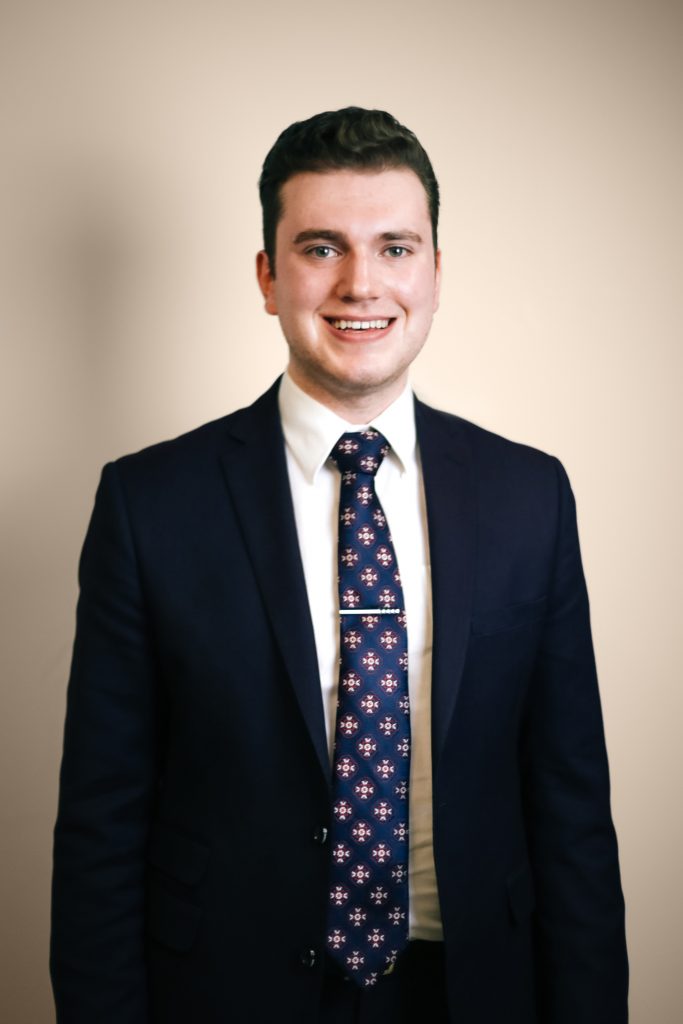
SU election supplement 2019: board of governors
It’s that time of year again. Posters are plastering the walls, self-important student politicians are interrupting you on your way to class and there’s a guy standing in the front of your economics lecture dressed like Woody from Toy Story. It feels like the first snow of winter.
We love the Students’ Union election, which is one of the reasons why we make this supplement that you’re currently reading. Just like how all these folks are passionate about serving the student body and bringing change to campus — or getting that sweet resumé line — we’re passionate about informing students about who’s running, what they want to do if they’re elected and how likely it is that they’ll actually get those things done.
On Family Day weekend, we compiled a panel of our staff, cleaned the office, put on some nice clothes for once and interviewed (almost) every executive and Board of Governor representative candidate in this year’s SU election. Each interview follows the same format: We give each candidate up to five minutes to pitch their platform, then spend 10 minutes asking them questions. After that, we write up these little profiles to help inform students about the crowd of candidates.
There’s a number of pressing issues at the forefront of this year’s election, but the biggest theme is change. Upcoming provincial and federal elections could mean significant political shake-ups both in Alberta and throughout Canada. Plus, new University of Calgary president Ed McCauley is settling into his job. If there’s any time to push for change external to the SU, it’s now.
Beyond that, issues surrounding Open Educational Resources, Bermuda Shorts Day, MacHall redevelopment, policy reform, long-term financial stability for the SU, mental health and sexual violence are all central to one or more of the contested positions in this election. These are things that affect all students and SU elections have a significant impact on how those issues are handled. It’s your electoral duty to elect competent officials to represent you. Take that responsibility seriously.
In addition to the elected positions, this year also has a referendum for increasing the SU Volunteer Services fee from $0.75 to $1.50 for full-time students per semester. You can read our thoughts about that in our editorial at the front of this supplement. We’ll also have news coverage of the referendum throughout the campaign period online at thegauntlet.ca.
Don’t just read our candidate profiles and endorsements. Read the candidates’ submitted platforms on the SU website, attend some forums — or the Gauntlet’s presidential debate, taking place Feb. 28 at 2 p.m. in
MacHall’s Cassio A/B — and ask candidates questions yourself.
And make sure to vote through your myUofC student centre from March 5–7, ya turkeys.
Board of Governors
[hr gap=”15″]
The Board of Governors manages the operations of the U of C. The student-at-large representative attends BOG meetings and voices student concerns.
Ananya Ayachit

Ananya Ayachit has a solid platform rooted in sufficient knowledge of the responsibilities of the Board of Governors. While many of her platform points are too ambitious for a BOG representative, her accomplishments during her time as SU business representative would make her a valuable addition to the BOG.
Ayachit’s most peculiar idea is to advocate for more frequent reviews of academic programs offered at the U of C to ensure that they meet skills in a shifting job market. To do this, she said that whenever a new program is proposed or revised, she would advocate to BOG to consider the program changes in context of technological advancements.
While Ayachit shows due diligence in her research on this idea, citing the university’s annual Comprehensive Institutional Plan (CIP), this platform point seems unnecessary. The CIP repeatedly states its commitment to creating programs aligned with the tech sector. The U of C also already reviews their programs annually to terminate those with low demand, while most program expansions are under the purview of the province.
Prioritizing infrastructure renovations and expansions is another one of Ayachit’s platform points. Ayachit wants to advocate to ensure deferred maintenance is addressed before a building is forced to close.
By far her most compelling platform point is her desire to bridge the gap between BOG and students. Ayachit criticized current BOG representative Frank Finley’s plan last year to create a committee of advisors from “important” student clubs, deriding it for being exclusive and creating more bureaucracy than needed. She said she would directly consult with faculty clubs to foster her understanding of student priorities.
Consultation is Ayachit’s greatest strength. She highlighted her experience as SU business representative working on a committee for Mathison Hall, a newly-proposed building for the Haskayne School of Business. She said she fought to increase the number of students on the committee and also created a survey for Haskayne students to leverage their interests to the committee. That sort of drive from a BOG representative would prove a benefit to students.
Overall, Ayachit’s past experience makes her a worthy candidate for BOG representative. Perhaps most strikingly, throughout her interview, Ayachit flipped through dozens of pages of what seemed to be responses to every possible question we could have asked. If she brings that level of dedication to the board, she would be a solid choice for the position.
Selected Qualifications:
• SU business representative, 2018–19
• Business strategy intern, ATCO Group
• ‘Engaging Youth’ project strategist, Alberta Council of Technologies Society
Frank Finley

Board of Governors student-at-large incumbent Frank Finley is vying for re-election. If your vote is based on a candidate’s ability to fulfil their previous election promises, you might be hesitant to vote for him again. However, Finley’s eloquence, charisma and ability to represent students on issues beyond the scope of his platform makes him a solid choice for the position.
From infamously asking former U of C president Elizabeth Cannon if she would resign in 2015 to sitting on a board with her, as well as a two-year stint as an arts representative in between, Finley is a well-known student politician. Throughout, he’s been an advocate for students, never shying away from ruffling a few feathers.
A systemic problem with student representation on the BOG is that only three seats on the 21-member board directly represent students. To make his one vote count, Finley says he’s worked on creating alliances with other board members. The key to doing so, he says, is convincing other board members that “what’s best for students is best for the university.”
Last year, Finley campaigned on several points. He wanted another seat on BOG for an undergraduate student. He wanted to increase student attendance to BOG meetings. He wanted a review of the U of C’s Sexual Violence Policy to take place in his term. These things didn’t happen.
Finley’s 2019 platform recycles some previous points. He still wants to increase student engagement with the BOG, be it through increasing the number of seats on it for students or encouraging students to attend their public meetings. This time, however, Finley says he’ll have to go directly to student groups to try to get them to attend. It’s an important initiative to pursue, as having the pressure of students watching BOG meetings can change the tone of the conversation.
New to his platform this year is mental health advocacy. Finley says he was hesitant to include it at the risk of sounding too buzzword-y, but his proposal to have an online feedback survey to inform the next Campus Mental Health Strategy review in 2020, similar to the Sexual Violence Policy’s online consultation, is a tangible goal.
What is most commendable about Finley’s candidacy is what he believes the student-at-large’s relationship with the other BOG members should be. He says he’s “not here for a golden handshake” and that he treats other board members as colleagues, not friends.
We’re always impressed by how well put-
together Finley presents himself. Though he might come across as disingenuous, Finley can present his case in a way university bigwigs can take seriously, making him a solid candidate.
Selected Qualifications:
• Board of Governors representative, 2018–19
• Stakeholder relations intern for the Office of the Premier, 2018
• Two-term arts representative, 2016–18
